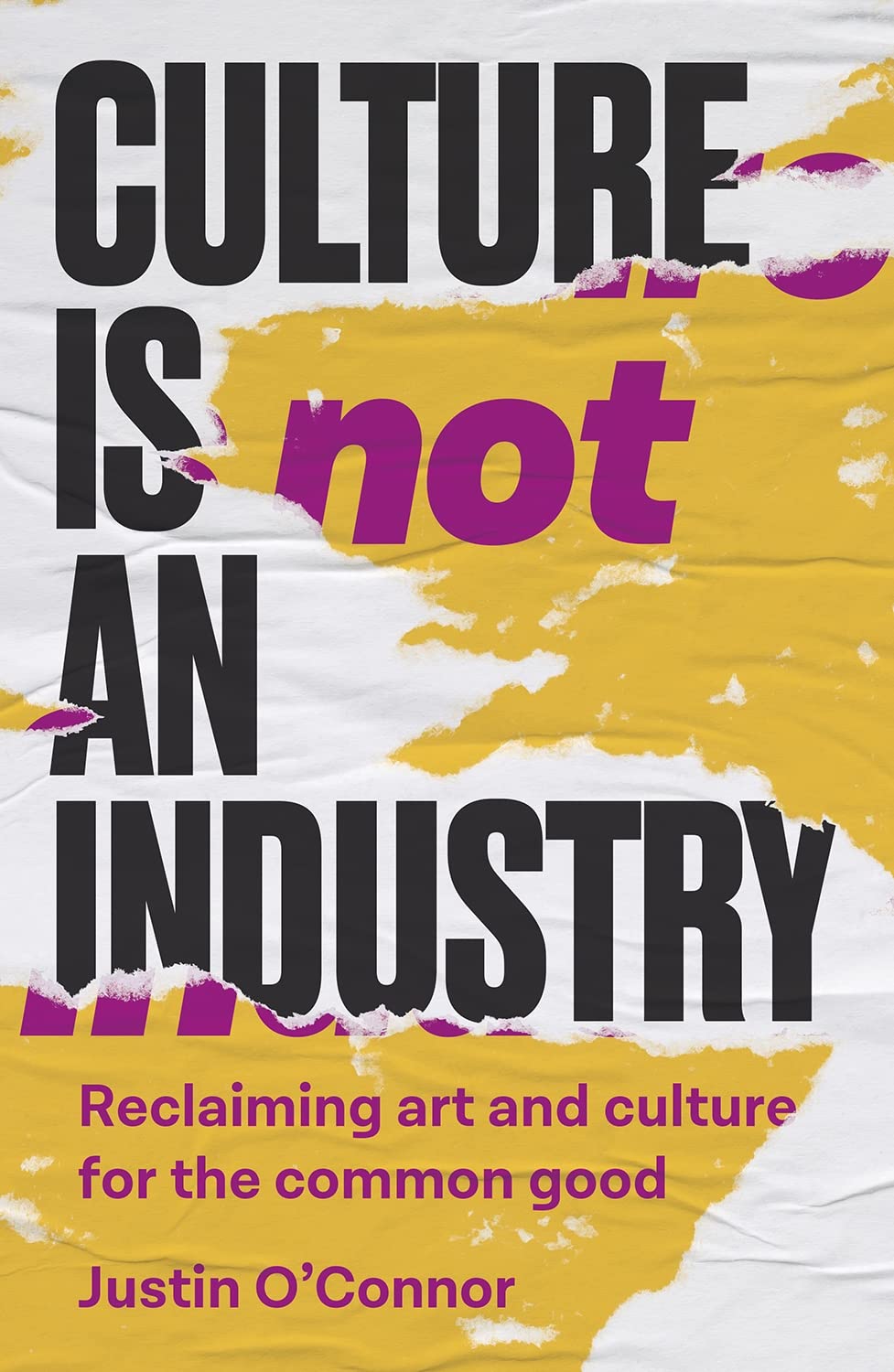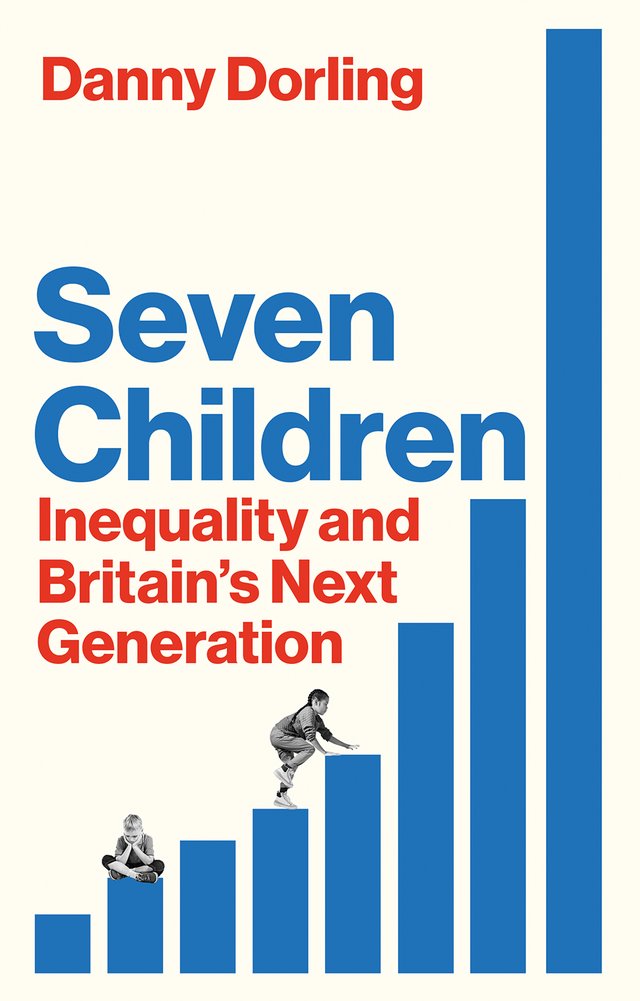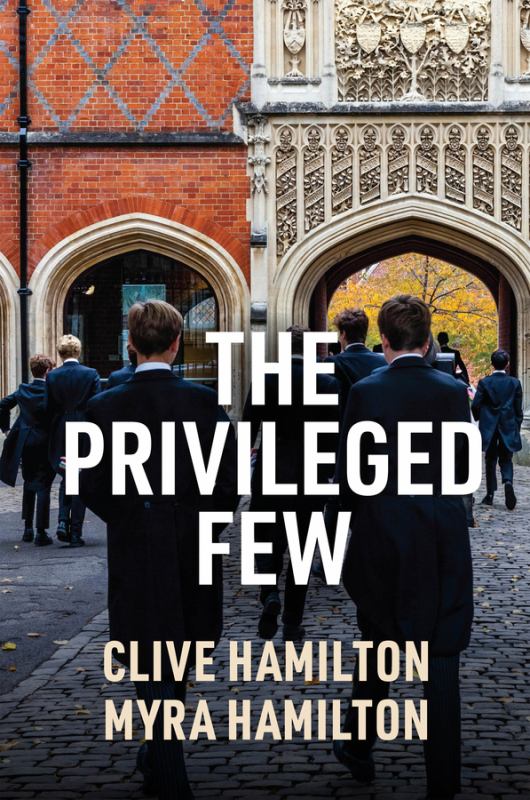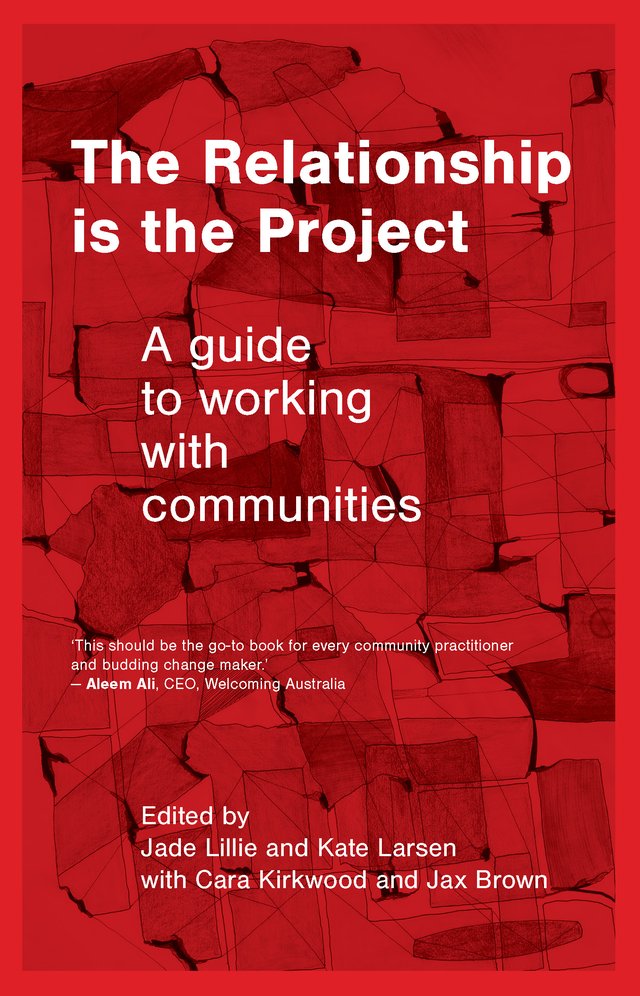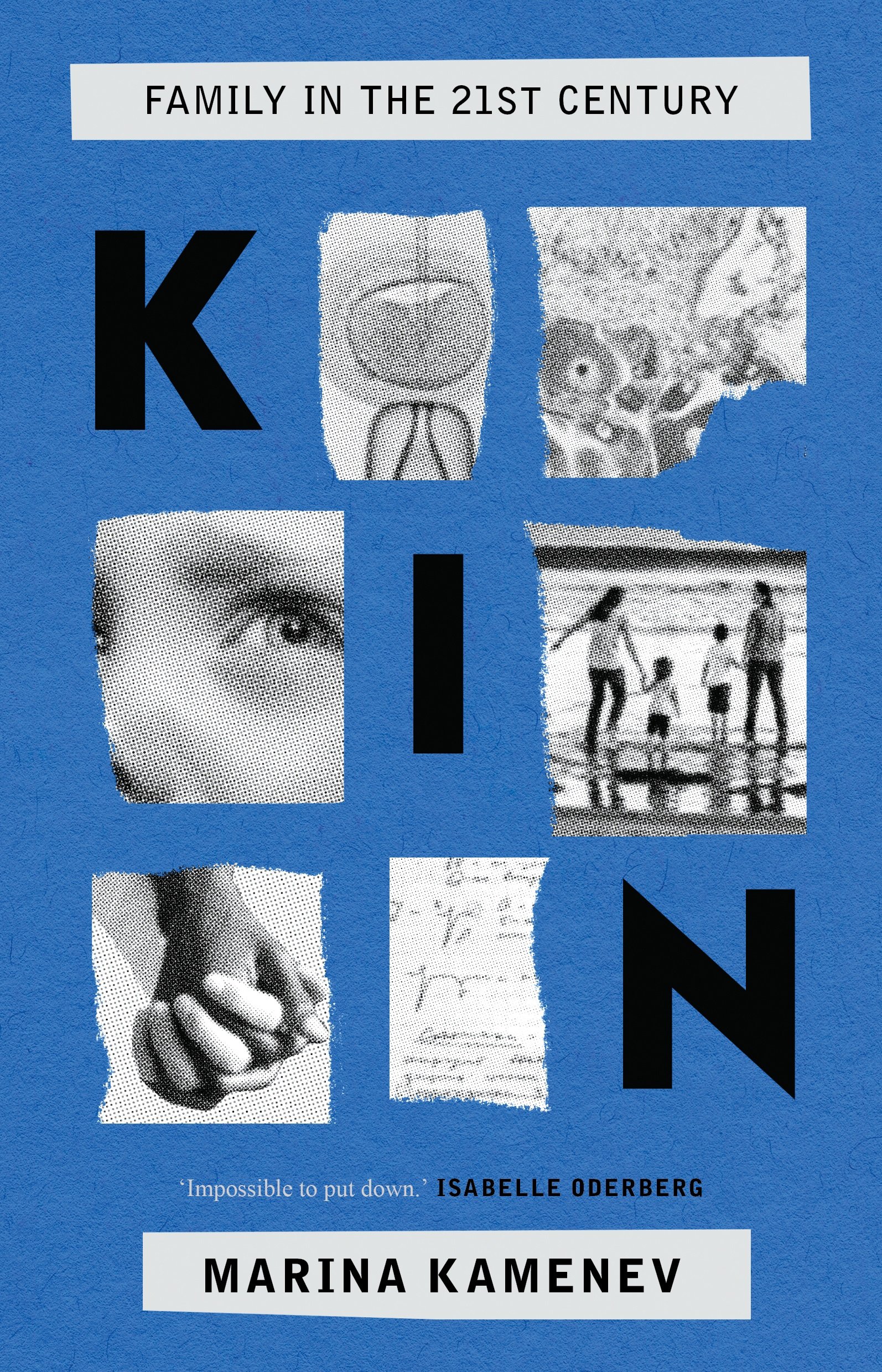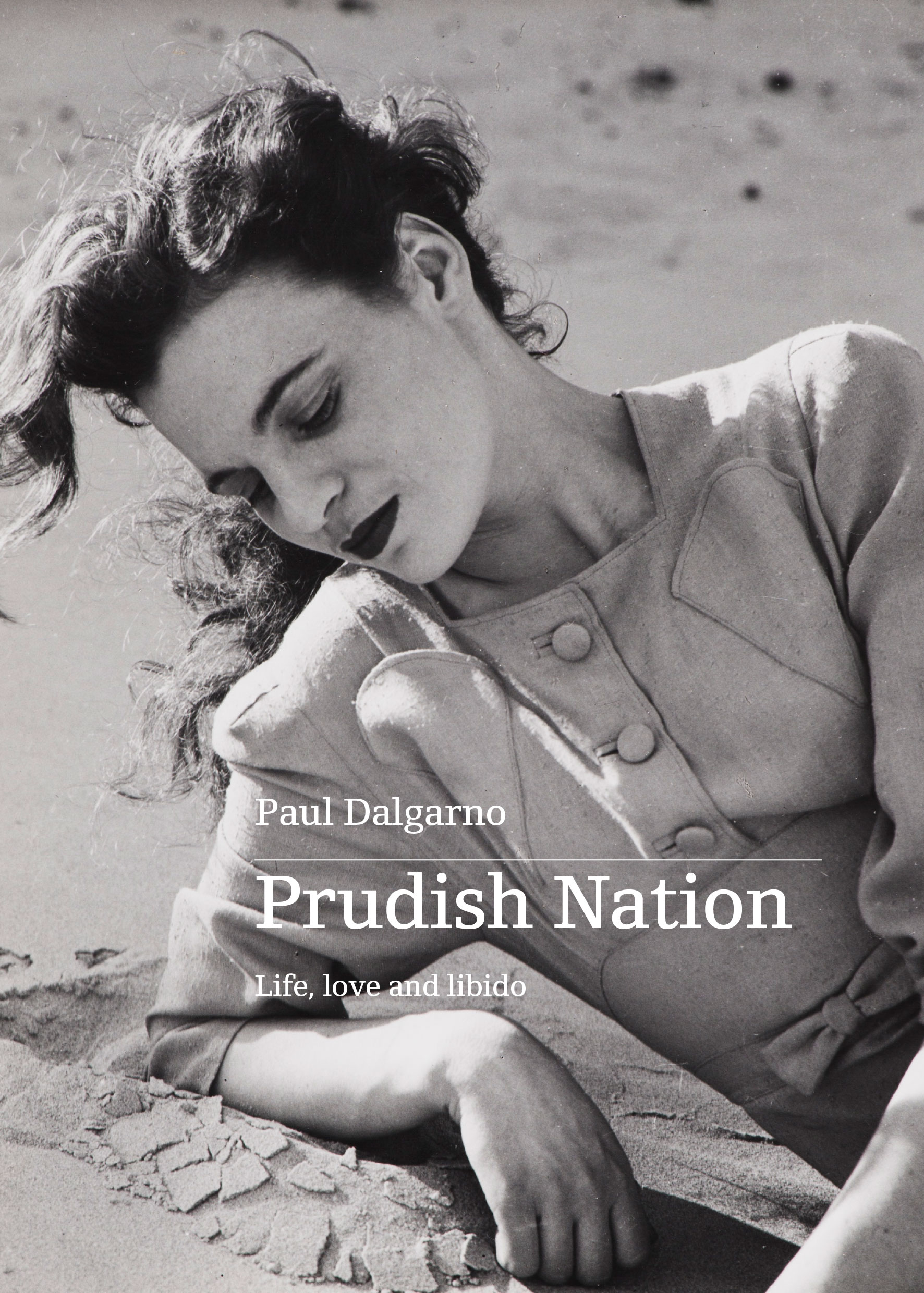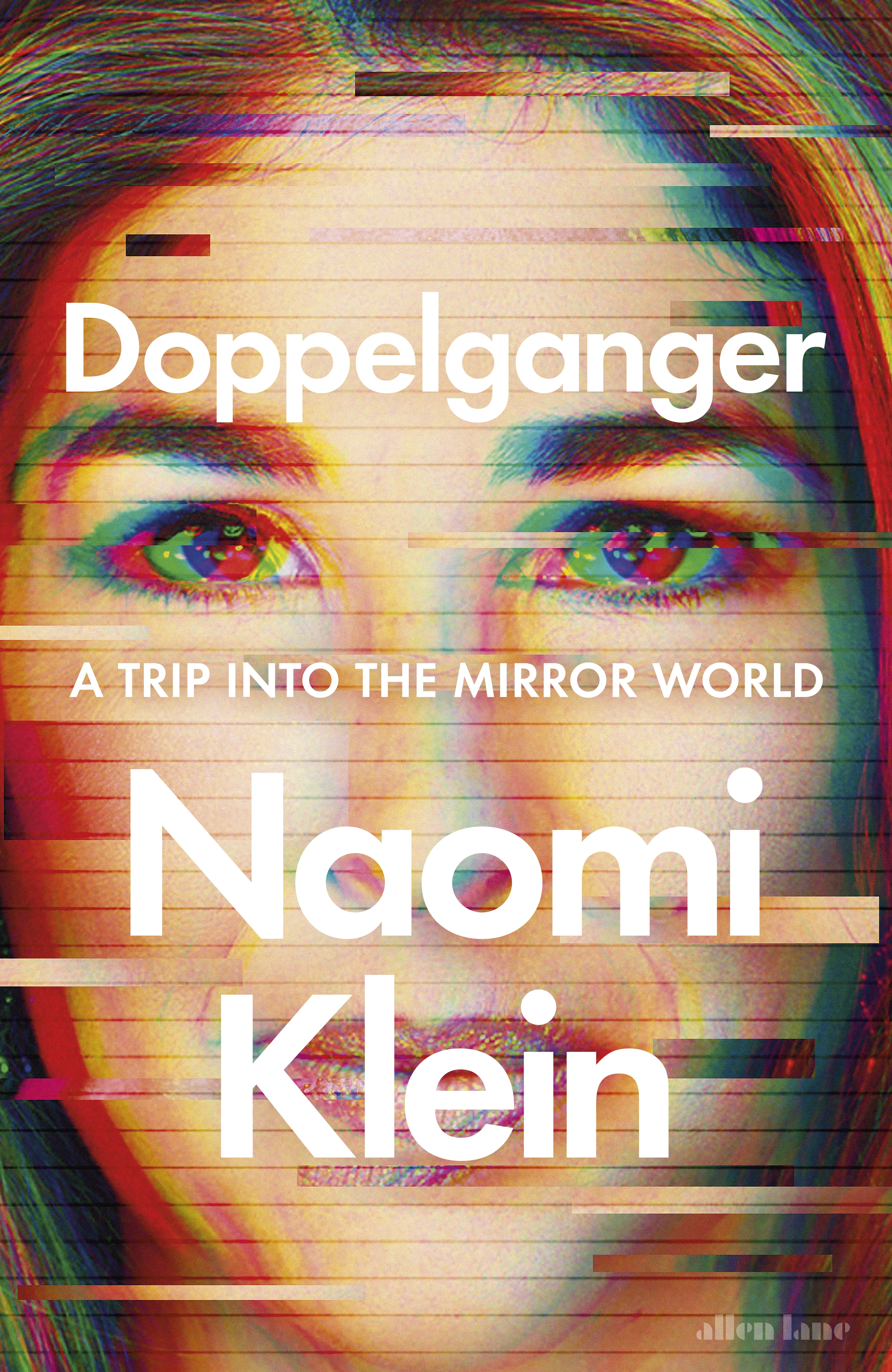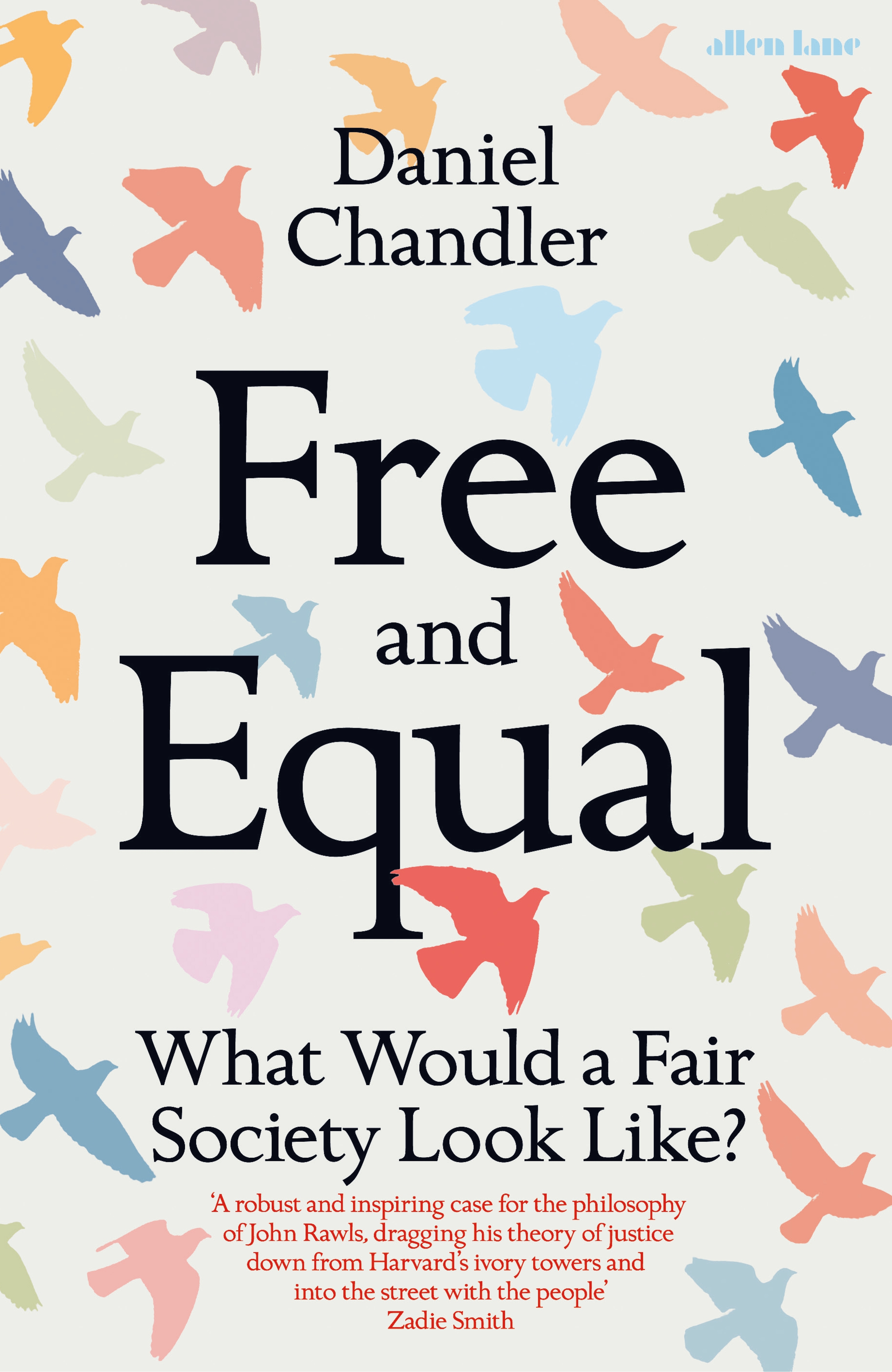Society
Culture is Not an Industry: Reclaiming art and culture for the common good by Justin O’Connor
by Wilfrid Prest •
Seven Children: Inequality and Britain’s next generation by Danny Dorling
by Francesca Newton •
The Relationship Is the Project: A guide to working with communities edited by Jade Lillie and Kate Larsen with Cara Kirkwood and Jax Brown
by Astrid Edwards •
The Eagle in the Mirror by Jesse Fink & My Mother the Spy by Cindy Dobbin and Freda Marnie Nicholls
by Michael Sexton •
Free and Equal: What would a fair society look like? by Daniel Chandler
by Glyn Davis •


